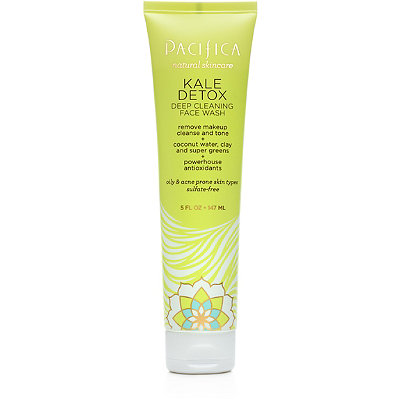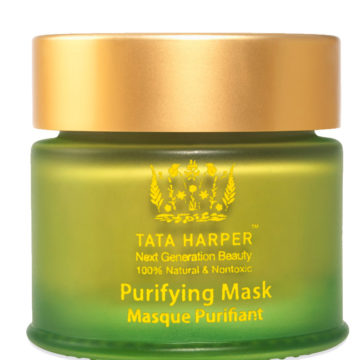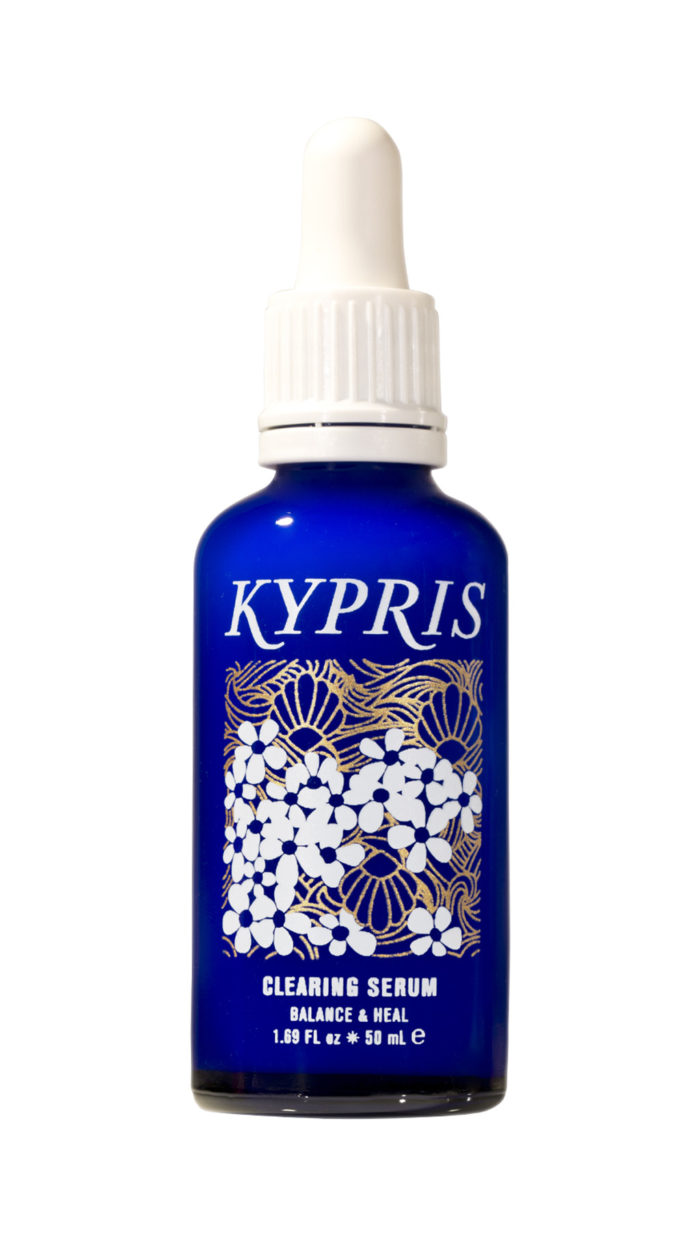We’ve learned that sunscreen and antioxidants are a must—we’ve made that beauty shopping list and checked it twice! But while we’re trying to find the right balance between getting enough vitamin D and preserving our skin’s health, there’s something else we should be considering—air quality.
Climate change, particularly rising temperatures, has the potential to deteriorate the quality of the air around us. Warmer temps are associated with the exacerbation of ground-level ozone—the main ingredient in smog.
Decreased air quality, in turn, affects the severity of our allergies, the health of our skin, and our likelihood of experiencing deeper fine lines, reduction in collagen and elastin, and hyper-pigmentation. Of course, I do not intend to equate skin woes with large-scale climate-related disasters, but these small, unpleasant details are signs of inflammation, which is an indication that our health is potentially compromised.
If you feel that living in a polluted area has affected your skin’s health, it’s not in your head. A 2010 study found that city-dwelling women experience a 22 percent increase in hyperpigmentation and wrinkles than their country-dwelling counterparts.
Although we can’t directly alter the air around us (no matter how much we diligently carpool or bike to our destinations), we can still give our skin a fighting chance. As associate professor of dermatology and infectious diseases at the University of Chicago Medicine explains that “the skin is the largest organ in the body, it’s your first barrier to environmental allergens and airborne pollution.” So we might as well give it our best!

How to Protect Your Skin from Pollution-Related Damage
Eat well. If you’re already eating a plant-based diet, you’re off to an amazing start. A diet high in fiber (which is only found in plants) is associated with a strong immune system (which includes healthy elimination!) If your plant-based diet contains raw greens, then you’re getting the benefits of chlorophyll as well, one of the most powerful substances that support the body’s natural detoxification system. Finally, eating a plant-rich diet, especially one with a bounty of fruits and vegetables (read: antioxidants!), will help your body fight inflammation. (Of course, by eating a plant-based diet, you’ll also be doing the environment good in return by conserving water and protecting the atmosphere.)
Wash your face. Although skin doesn’t literally “breathe,” we need to give our skin a breather every night. Wash your face for at least thirty seconds to remove makeup, excess oil, and pollution. You can even practice double cleansing when you have the time. I’ve been using Pacifica Kale Detox Deep Cleaning Face Wash to wash my makeup off every night. It’s fortified with green phytonutrients including kale, seaweed, and blue seakale as well as mangosteen and coconut water.

Wear sunscreen. Yep, sunscreen is relevant even in a discussion about air pollution! Because sunscreen helps protect skin from sun damage, it indirectly protects skin from other environmental damage because damaged skin (from the sun or what have you) is weakened skin. Suntegrity offers an outstanding line of natural sunscreens—but the important part is to pick a sunscreen brand and formula that you like, so you’ll enjoy wearing it every day!
Keep track of the ozone level. Go to airnow.gov to check the ozone level. The presence of orange on the map indicates that it’s a dangerous day for sensitive groups (very young children, the elderly, those with compromised health, and those prone to bad allergies). Even if we don’t fall into this group, we may be best served by staying inside (when possible) on these days–or at least doing any outdoor tasks in the morning rather than at midday.
Call in back up. Eating well, wearing sunscreen, and washing our faces every day are our best defenses against air-quality related skin damage, but if you’re interested in taking things to the next level, invest in a good antioxidant serum and a purifying mask. Most serums are designed to be used every day while masks should typically be used one a week.
Tata Harper Purifying Mask is infused with probiotic and plant extracts to reduce the oxidative effects of environmental pollutants. You can also look for masks that contain activated charcoal and/or natural clay (like bentonite and French clays); both activated charcoal and clay physically bind to nasties, so you wash the toxins away when you wash your mask off! Kypris Clearing Serum is formulated with 30 active ingredients designed to calm pollution-irritated skin and support skin’s natural defense system.


What are your favorite ways to protect your skin?
Related: My Vegan & Cruelty-Free “Ride or Die” Makeup Products
Two Surprisingly Harmful Ingredients in Natural Skincare Products
Skincare for the Changing Seasons
Get more like this–sign up for our newsletter for exclusive inspirational content!
__
Photo: PicJumbo, respective brands




